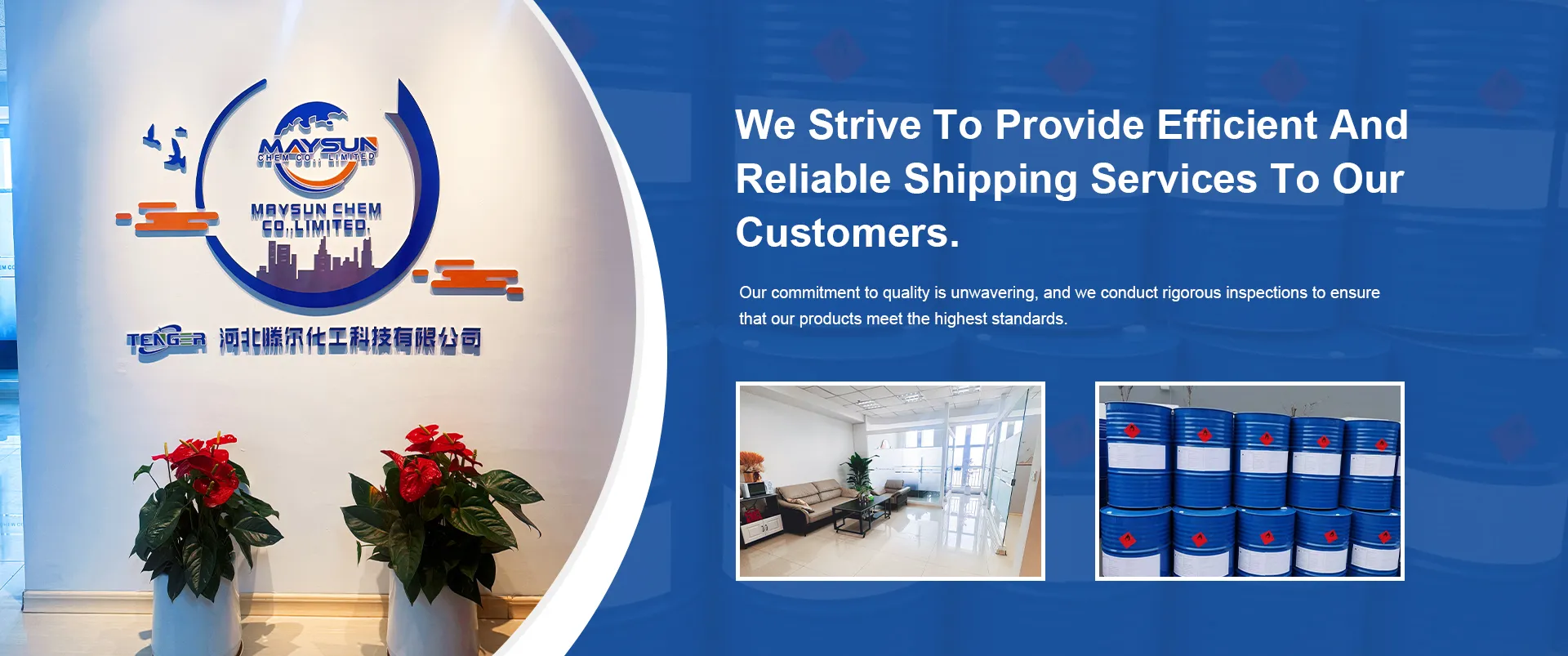
Cost Analysis of Sodium Bicarbonate for Various Applications and Industries
Understanding the Cost of Sodium Bicarbonate
Sodium bicarbonate, commonly known as baking soda, is a versatile compound with numerous applications across various industries, including food, pharmaceuticals, and environmental management. Its affordability and accessibility make it a staple in many households and businesses. However, several factors influence the cost of sodium bicarbonate, making it important to understand these elements when considering its use.
Production Process and Raw Materials
The primary method of producing sodium bicarbonate is through the Solvay process, which involves the reaction of sodium chloride (table salt), ammonia, carbon dioxide, and water. The efficiency of this process largely depends on the costs of raw materials, energy, and labor. Fluctuations in the prices of these components can directly impact the overall cost of sodium bicarbonate. For example, if the price of natural gas rises, production costs will increase, leading to higher prices for consumers.
Additionally, there are alternatives to the Solvay process, such as the reaction of sodium carbonate with carbon dioxide and water. While this might be a more environmentally friendly option, it can also involve different cost structures, affecting the price of the final product.
Market Demand and Applications
Sodium bicarbonate sees a wide range of applications. In the food industry, it is commonly used as a leavening agent, while in the pharmaceutical sector, it serves as an antacid and a buffering agent. The growing demand for natural ingredients in food production has led to an increase in the need for sodium bicarbonate, which can sometimes outpace supply. Increased demand can drive prices higher, especially during periods of significant consumption, such as holidays when baking becomes more popular.
Moreover, the rising trend in personal care and cosmetics industries using sodium bicarbonate for its deodorizing and cleansing properties can further influence its cost. The diverse applications create a competitive market, which can lead to price volatility based on supply and demand dynamics.
sodium bicarbonate cost

Global Trade and Supply Chain Factors
Sodium bicarbonate is produced in various countries, with significant manufacturing hubs located in the United States, China, and Europe. Global trade policies, transportation costs, and logistics can also play critical roles in determining prices. Tariffs and trade regulations can lead to fluctuating costs in different regions, impacting overall market prices. Furthermore, shipping delays and disruptions—potentially caused by geopolitical tensions or pandemics—can create scarcity and push prices higher.
Environmental Regulations and Sustainability
Increasing awareness around environmental sustainability has also influenced the cost of sodium bicarbonate. Manufacturers are under pressure to reduce their carbon footprint and adhere to stricter regulations, which can entail added costs. For instance, investments in cleaner production technologies can lead to higher initial expenditures, affecting the final price of sodium bicarbonate.
Conversely, the push toward eco-friendly products can also create new market opportunities for those who produce sodium bicarbonate sustainably. Companies that invest in green technologies and sustainable resource management might attract a premium price for their products, reflecting the growing consumer preference for environmentally responsible choices.
Conclusion
The cost of sodium bicarbonate is influenced by a multitude of factors ranging from production processes and market demand to global trade dynamics and environmental regulations. For consumers and businesses alike, understanding these factors is crucial when considering the use of sodium bicarbonate, whether for cooking, cleaning, or industrial applications. As the market continues to evolve, staying informed about these dynamics will help buyers make educated choices that align with their needs and budget constraints. In the end, sodium bicarbonate will likely remain a valued and economically viable commodity, reflecting both its versatility and essential role across various sectors.
-
Pure Sodium Dichloroisocyanurate Dihydrate | Powerful DisinfectantNewsAug.29,2025
-
Industrial Chemicals: Quality & Purity for Every IndustryNewsAug.28,2025
-
Nitrile Rubber Honoring Strict Production StandardsNewsAug.22,2025
-
Aspartame Ingredients Honoring Food Safety ValuesNewsAug.22,2025
-
Fertilizer for Balanced Plant NutritionNewsAug.22,2025
-
Cyanide Gold Processing with High Purity AdditivesNewsAug.22,2025
-
Formic Acid in Textile Dyeing ApplicationsNewsAug.22,2025
Hebei Tenger Chemical Technology Co., Ltd. focuses on the chemical industry and is committed to the export service of chemical raw materials.
-

view more DiethanolisopropanolamineIn the ever-growing field of chemical solutions, diethanolisopropanolamine (DEIPA) stands out as a versatile and important compound. Due to its unique chemical structure and properties, DEIPA is of interest to various industries including construction, personal care, and agriculture. -

view more TriisopropanolamineTriisopropanolamine (TIPA) alkanol amine substance, is a kind of alcohol amine compound with amino and alcohol hydroxyl, and because of its molecules contains both amino and hydroxyl. -

view more Tetramethyl Thiuram DisulfideTetramethyl thiuram disulfide, also known as TMTD, is a white to light-yellow powder with a distinct sulfur-like odor. It is soluble in organic solvents such as benzene, acetone, and ethyl acetate, making it highly versatile for use in different formulations. TMTD is known for its excellent vulcanization acceleration properties, which makes it a key ingredient in the production of rubber products. Additionally, it acts as an effective fungicide and bactericide, making it valuable in agricultural applications. Its high purity and stability ensure consistent performance, making it a preferred choice for manufacturers across various industries.





